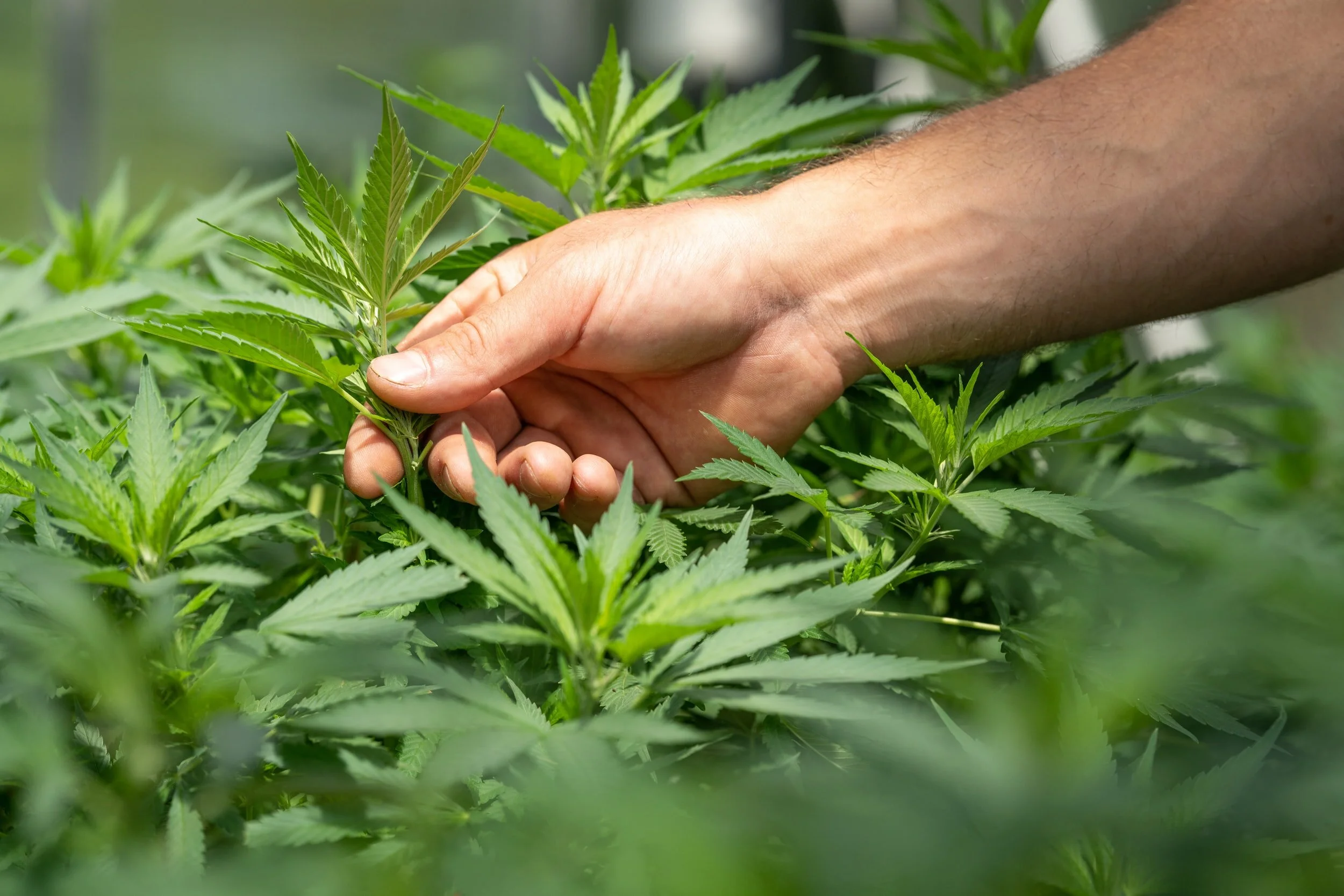CBD: Everything you Wanted to Know
What is CBD?
Short for cannabidiol, CBD is one of several natural active chemical compounds called cannabinoids. CBD is found in abundance in the cannabis sativa plant, which also known as hemp. The Hemp plant has many commercial uses, from food to paper, rope and building materials. Its leaves, flowers and roots are used for medicinal purposes. CBD is created by distilling hemp flowers to release therapeutic compounds and create a clean-processed, plant-based extract suitable for human consumption.
Is CBD legal?
Yes. CBD is legal to buy and use in the UK. However, the law states that all CBD products must adhere to strict regulations on safety and ingredients. CBD oil must not contain more than 0.2% THC. Buying from a trusted UK supplier is the best way to ensure CBD products meet the correct legal standards.
Is CBD safe?
Humans have been using cannabis plants for health and ritual purposes for thousands of years. Experts believe they were first used medicinally in Central Asia around 750 BC. Somewhat more recently, a report from the World Health Organisation concluded, "To date, there is no evidence of public health-related problems associated with the use of pure CBD." The same report also found that CBD is not addictive and "does not appear to have abuse potential or cause harm." Pills and capsules today offer precise and consistent dosage of CBD to better improve consumer safety. However, the UK's Food Standards Agency recommends that while CBD is generally safe, consumers who are pregnant, breastfeeding or taking medication should avoid taking it. If in doubt, they are urged to consult with their doctor or a pharmacist and to read information on packaging and inserts before taking CBD. It is also vital to source CBD products with care to ensure that they are safe and independently tested.
Is CBD psychoactive?
No. Unlike THC, the primary active ingredient in cannabis, CBD is not psychoactive and is non-intoxicating. Hemp plants are naturally lower in THC than marijuana plants, and more THC is removed during the distillation process.
How does CBD work?
Our body's health and optimum functioning depend on a highly complex cell-signalling system called the endocannabinoid system (ECS). The human body naturally produces molecules called cannabinoids which help regulate the immune system, sleep, mood, stress, pain and fertility. Scientists only discovered the ECS in the late 90s, and as yet, it is not entirely certain how the pharmacology of CBD impacts on the ECS. It is understood that cannabidiol produces effects through multiple molecular pathways. The scientific literature has identified more than 65 molecular targets of CBD.
Research suggests that hemp-derived CBD may allow naturally generated human endocannabinoids to have more of an effect on the body’s systems, so supporting the body’s natural balance.
What forms does CBD come in?
CBD extract is combined with other ingredients and chemical constituents to form products including jellies and gummies, CBD oils and tinctures, sprays, pills or capsules. It may be inhaled via vaping, ingested orally or applied topically in lotions, ointments and transdermal patches. Today, CBD is also being widely added to foods, fabrics and a vast number of personal care products from cosmetics to vaginal lubricants.
How much CBD should be taken?
The most beneficial dose of CBD will always depend on the individual. It also varies according to the strength and brand of the product. Consumers are urged to start with a low dose which may be increased if desired.
The UK Food Standards Agency recommends taking no more than 70mg a day (about 28 drops of 5% CBD) unless under medical direction.
CBD for Sleep and Anxiety
For centuries, people have used hemp as a traditional sleep aid. And there has been growing scientific interest in the potential of CBD to help with the UK's rising tide of anxiety, pain, lack of energy and sleep problems such as insomnia. Anxiety and depression affect human beings in many aspects of life, including social life, productivity and health. Researchers at the University of San Paulo in Brazil and King’s College in London have conducted research into CBD and the neural correlates of anxiety. They concluded, “Most of the studies demonstrated a good interaction between CBD and the 5-HT1A neuro-receptor.” This activation of the 5-HT1A (hydroxytryptamine) serotonin receptor is thought to confer an anti-anxiety effect.
According to a report commissioned by The Sleep Council, almost a third of people in the UK sleep badly 'most nights' and more than half sleep less than seven hours. The resulting tiredness can become a vicious circle, with detrimental effects on stress levels, mood, appetite and even relationships and libido.
The charity Anxiety UK says that in 2013, there were 8.2 million cases of anxiety disorder in the UK. Since then, the position has worsened, with one study reporting that the distressing condition now affects 30% of women aged 18 to 24, and has increased across the board among men and women under 55.
In 2019, researchers at the University of Colorado looked at whether CBD could improve sleep and reduce anxiety. They found that 'anxiety and sleep improved for most patients' and that 'these improvements were sustained over time.' In addition, 'Anxiety scores decreased fairly rapidly.' The study involved 72 people, with 47 experiencing anxiety and 25 experiencing poor sleep. In the first month, 79.2% of the patients reported lower anxiety levels, and 66.7% reported better sleep.
CBD for Pain Relief
Other research has suggested that CBD may help reduce pain. Recent peer-reviewed research indicates that around 43% of people suffer from chronic pain – defined as pain lasting at least three months. A 2018 report noted that there's evidence to support the claim that CBD soothes pain, stating, "It is thought to have significant analgesic, anti-inflammatory, anti-convulsant and anxiolytic (anxiety-reducing) activities." The authors suggest that by reducing chronic pain, CBD may also improve sleep.
Other research has found that CBD significantly interacts with TRVP1 receptors in the body which are known to modulate pain.
Using an animal model, a study from the European Journal of Pain showed that CBD applied topically may help lower pain and inflammation due to arthritis.
And according to the US Arthritis Foundation, 'Anecdotally, some people with arthritis who have tried CBD, but not all, report noticeable pain relief, sleep improvement and/or anxiety reduction.'
Prescription medications and CBD
Two prescription-only CBD-containing medications have been approved for use in the NHS. These are Epidyolex, for children with two types of severe epilepsy - Lennox Gastaut syndrome and Dravet syndrome.
Clinical trials have shown the oral solution, which contains CBD, could reduce the number of seizures by up to 40% in some children. The other treatment, Sativex, is a mouth spray that contains a mix of THC and CBD.
It has been approved for treating muscle stiffness and spasms, known as spasticity, in multiple sclerosis.


